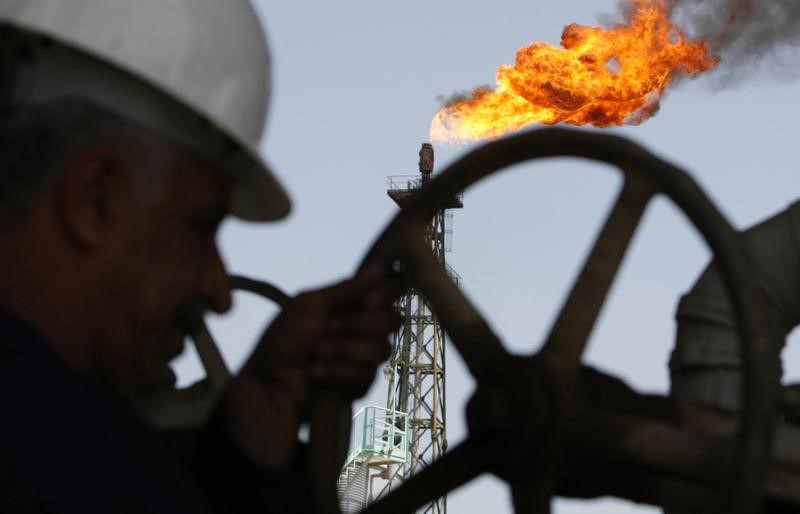By Peter Nurse
Investing.com -- Oil prices weakened Thursday, heading for the first monthly decline this year as concerns over slowing economic growth have outweighed a further tightening of supply.
By 08:55 AM ET (1255 GMT), U.S. crude futures traded 0.4% lower at $109.40 a barrel, set for a monthly decline of over 5%, while the Brent contract fell 0.4% to $112.04 a barrel, heading for a drop over the month of almost 4%.
U.S. Gasoline RBOB Futures were down 2.9% at $3.6151 a gallon.
Worries about a global economic slowdown have been on the rise this month, with the associated crude demand destruction, as central banks, and the Federal Reserve, in particular, have started tightening monetary policy aggressively to try and rein in soaring inflation.
A U.S. recession over the next 12 months is "probably more likely than not", PIMCO's global chief investment officer for fixed income Andrew Balls said on Thursday.
"A recession is not the only important thing. You're clearly going to see a significant growth slowdown," Balls said at a media webinar, adding that the probability of a recession is similar in Europe, possibly a bit higher.
That said, crude prices remain elevated as the global supply of crude remains very tight, particularly after Russia’s invasion of Ukraine denied global supply of a major producer’s output.
Global surplus crude production capacity in May 2022 was less than half its 2021 average, the U.S. Energy Information Administration said last week.
Additional supply to any great degree looks unlikely in the immediate future, with the Organization of the Petroleum Exporting Countries and their allies including Russia, known as OPEC+, set to stick later Thursday to the previously announced plan for modest output increases in August.
A number of these countries have struggled to produce their allocated levels due to infrastructure problems, and the United Arab Emirates and Saudi Arabia, two of OPEC’s major producers, are already pumping almost as much as they can.
There also appears to have been little progress in the Iranian nuclear talks that have been taking place in Doha between the EU and Iran.
“We believe that an Iranian nuclear deal will take time, and so are assuming that there will be little change in Iranian oil supply for the remainder of this year,” analysts at ING, said in a note.
Additionally, some of Norway’s offshore oil workers are set to go on strike from July 5, their trade union said on Thursday, likely shutting about 4% of Norway's oil production.
